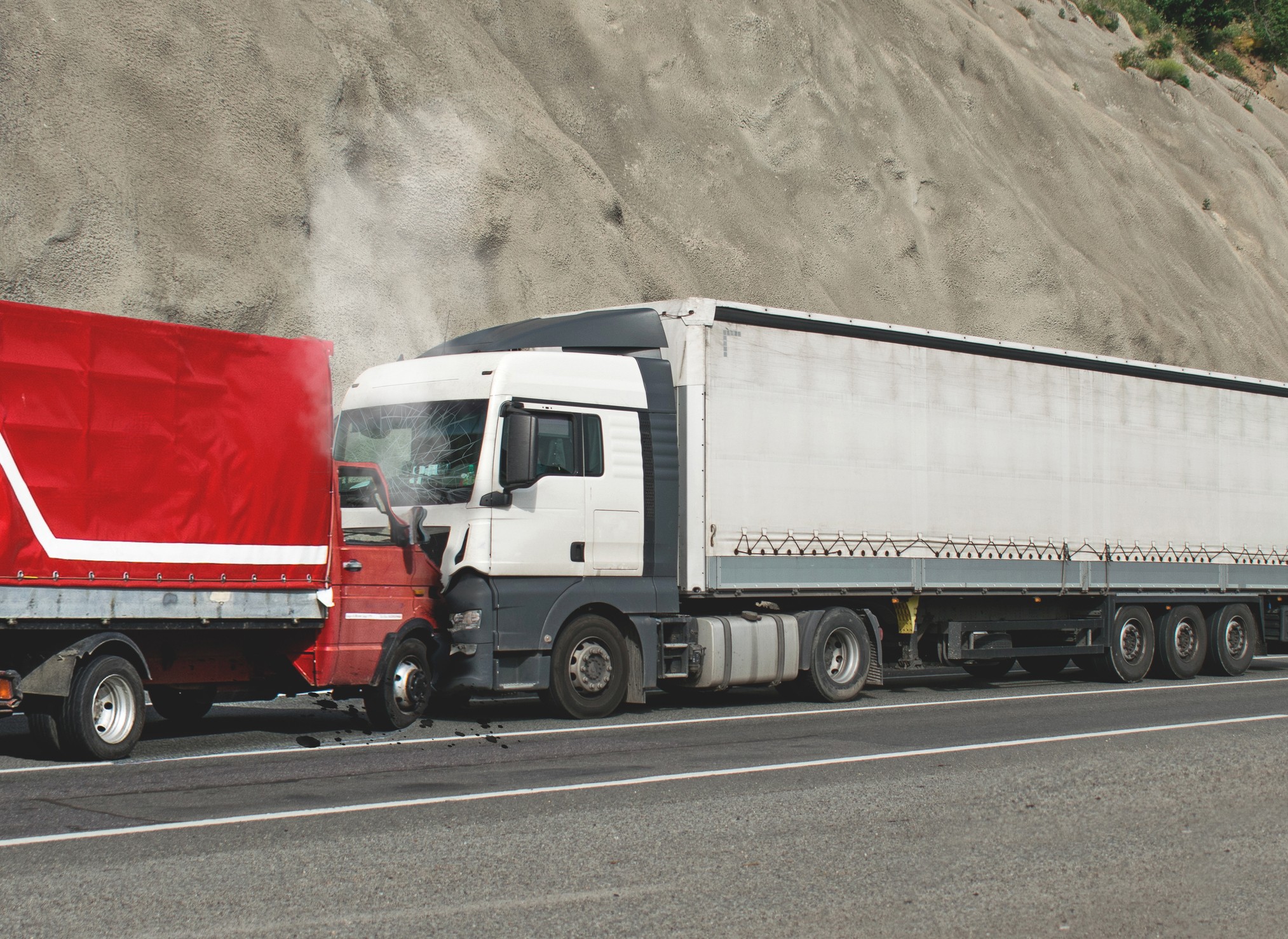When a jury awards a plaintiff payout in excess of $10 million, that payout is referred to as a “nuclear verdict”. If a member of your fleet has been involved in a vehicle incident that results in one of these verdicts, the results for your business could be catastrophic.
According to CNBC, the average amount for a lawsuit above $1 million involving a truck collision has increased nearly 1,000%,from $2.3 million to $22.3 million in the U.S. between 2010 to 2018. Nuclear verdicts are driving up insurance rates for fleets, and increasing associated costs for those trucking companies to insure them as a result. To absorb some of the costs, large operators are scaling back on insurance, putting them at greater risk if an accident were to occur. Unable to afford inflated deductibles or premiums, smaller fleets are folding altogether.
One major reason for nuclear verdicts arises from a disconnect between negligence and liability. Because large organizations with massive fleets are assumed to have more resources (i.e. more insurance), they are typically targeted for payouts, even if they’re not entirely at fault. For example, there are cases where a company can be identified as 10% negligent and still have to cover 100% of the financial liability.
Another reason for these excessive payouts includes an uptick in fatal accidents involving trucks. According to the National Safety Council, there was a 43% increase in deadly collisions involving large trucks between 2010 and 2019. The number of injuries associated with truck crashes rose that year to 160,000 (7%), the majority of which were occupants from other vehicles.
Assessing risk on the road has long been considered integral to the cost of doing business for every trucking organization. Fortunately, dash cameras not only help with safety initiatives in fleets, they also have a return on investment that can help fleets stay afloat amid mounting insurance concerns.
Dash cams and telematics
An increase in nuclear verdicts results in higher prices for liability insurance and reduced access to casualty or excess liability insurance, resulting in some carriers leaving that particular line of business and causing many in the trucking industry to worry about the potential impact a single loss could have on their bottom line.
This is where dash cams and telematics can be essential tools to help manage risk. In fact, these devices may one day become a requirement in order to get insurance for your fleet. Where once insurance companies only looked at claims regarding trucks, they will now start gathering data to get a holistic overview of driving behaviour, dash cam footage and a fleet’s hiring practices.
Many insurance companies look favourably on commercial vehicles with dash cams installed, and in some cases this small step can result in a reduction in insurance premiums. Furthermore, a dash cam will certainly protect a business from false insurance claims. Commercial dash cam footage is now widely accepted by most insurance companies as evidence to help speed up the claims process.
Dash cams can:
- Prevent fraudulent insurance claims (i.e. “crash for cash”)
- Protect your drivers and assets
- Identify liable parties and exonerate your drivers
There are other ways that dash cams and telematics systems can improve an organization’s coffers, beyond insurance premiums. For one, dash cams not only tell a fleet manager what’s happening on the road, but what’s taking place inside the cabin. Is the driver sleeping? On his phone or otherwise distracted? Being alerted to risky driving behaviour helps you identify culpability while improving good driving habits in your fleet.
Dash cams can also help you reduce fuel consumption. Your telematics platform can trigger an alert if a vehicle is idling, for example, and can optimize driving routes to increase efficiency, shorten trips and save fuel. Regardless of your industry, dash cams and telematics help fleets and organizations streamline their processes from top to bottom line.
Conclusion
Telematics is becoming an industry-wide practice, one that can positively impact an organization’s return on investment. A knowledgeable insurance broker will educate your business on how to meet requirements and will help you secure insurance at the best possible price. Similarly, your GoFleet consultant will help you find a telematics solution that best uses dash cam technology to protect your business and your drivers. Contact us today for a free estimate and demonstration.


